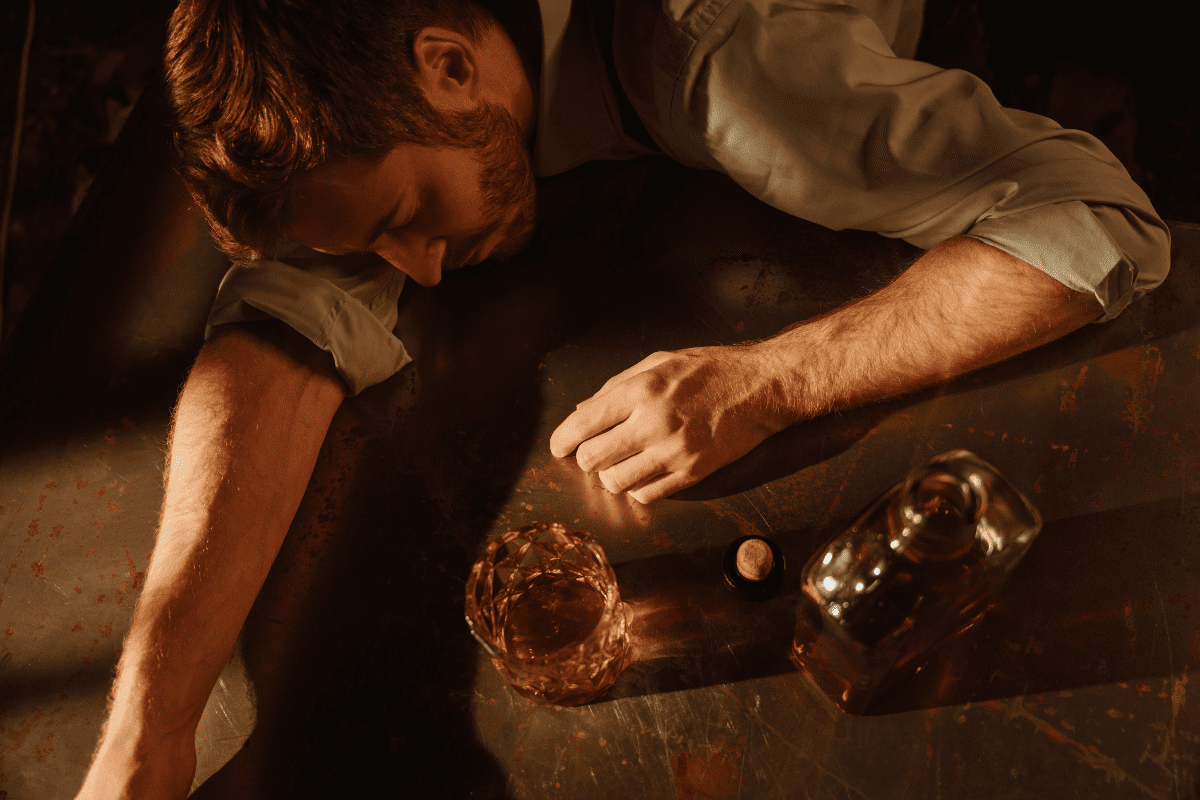Introduction: Alcohol and Workers’ Compensation
I came across an interesting article today regarding alcohol consumption and the compensability of a workers’ compensation claim. It was noted that a commercial driver crashed his truck after downing several beers. A judge in Delaware ruled that this act alone established that the injured driver was not entitled to a workers’ compensation claim.
Legal Misstep by the Delaware Industrial Accident Board
What is interesting in this particular situation is that the Delaware Industrial Accident Board “abused its discretion and erred as a matter of law in awarding compensation” to the driver. It was noted that “voluntary intoxication while working deviates from the ordinary course of employment.” Additionally, the Industrial Accident Board’s decision “exceeded the bounds of reason.”
Intoxication as a Defense in Other Jurisdictions
In other jurisdictions such as Texas, alcohol intoxication is construed as an absolute defense in workers’ compensation claims. However, intoxication is defined as either an alcohol concentration of 0.08, as noted in the Texas Penal Code (section 49.01), or not having the normal use of mental or physical faculties due to the voluntary introduction of alcohol into the body.
The Question of Evidence: What If No BAC is Taken?
This raises the question: if an individual is observed consuming alcohol and later experiences a harmful incident, but no blood-alcohol level (BAC) is drawn, can intoxication still be used as a defense? The standard is that intoxication must be the cause of the event, and without a BAC or other specific evidence, intoxication must still be clearly established.
Workers’ Compensation Laws Favor the Employee
Workers’ compensation statutes are designed to protect the employee, even if that employee is partially responsible for the injuries. The issue of alcohol consumption (distinct from intoxication) is not always addressed in the statute.
The Texas Standard: Objective Proof Required
The rules in Texas require clear establishment of intoxication, such as a BAC, or evidence established by witness testimony of specific behavioral observations. Simply seeing an individual drinking several beers may not rise to the level of alcohol being the cause of the identified incident and would exclude this absolute defense.
Importance of Detailed Documentation and Company Policy
Clearly, this is a very complex scenario and once again proves the need for a very detailed history of the injury and other tangential events. Many companies have a zero-tolerance alcohol policy, and each claim file handling team member should be aware of the particular policy in place. While this might not always be applicable in terms of workers’ compensation defense, it may be an added tool that should be employed.
Conclusion: Intoxication as a Difficult Defense
Where intoxication has been definitively proved, this would be an absolute defense in terms of workers’ compensation cases. However, if there is not specific objective data showing the legal standard of intoxication has been met, this is a particularly high bar to clear. Ultimately, while alcohol consumption may raise red flags, the absence of objective evidence makes intoxication a difficult defense to successfully assert in workers’ compensation claims.

